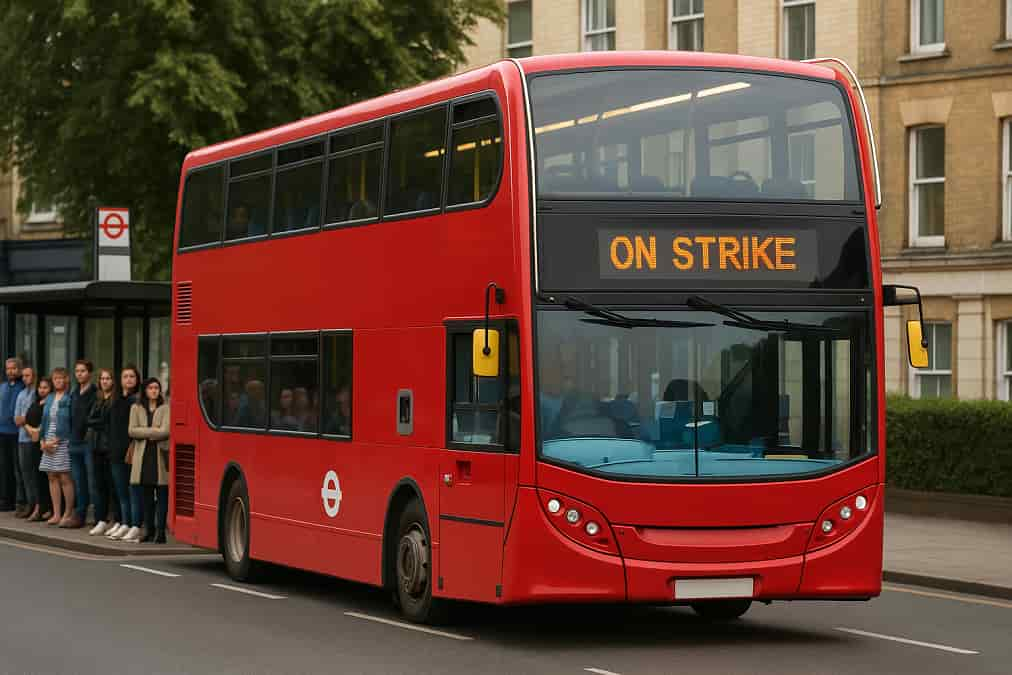Tensions are rising across the UK as thousands of bus drivers consider strike action in pursuit of better wages and improved working conditions. Around 7,500 drivers nationally are currently being balloted by one of the big trade unions, with further walkouts planned in towns and cities over the coming weeks. This development places public transport at the centre of a growing debate about how best to resolve disputes in essential services without causing widespread disruption for commuters.
For many drivers, the grievances are long-standing. They report facing high levels of verbal abuse from passengers, insufficient rest breaks, and a lack of access to adequate toilet facilities. These pressures, compounded by demanding shift patterns, have left many drivers struggling with fatigue. Studies have shown that bus drivers are more likely to suffer from mental and physical health issues than workers in other professions, largely due to the intense and often unpredictable nature of the job.
At the heart of this dispute lies a desire for fairer pay. With inflation still impacting household budgets, many drivers argue that their wages have not kept pace with the rising cost of living. Their call is not only about financial recognition but also about ensuring that working environments support staff wellbeing and safety.
The Workers Union has long championed the rights of bus drivers and called for them to be looked after but remains clear on its position: negotiation and communication must come first. The organisation operates under a very strict no-strike policy, believing that individual solutions should be found without resorting to industrial action. In their view, halting public transport services does little to address the underlying issues, and instead creates hardship for passengers who depend on reliable bus networks to get to work.
Instead, The Workers Union advocates for direct dialogue between individual drivers, transport companies, and relevant authorities. By focusing on constructive communication rather than confrontation, it believes that lasting agreements can be achieved—ones that recognise the challenges of the job while protecting the continuity of public services.
With pressure mounting, the coming weeks will be crucial. If ballots result in widespread strikes, thousands of daily commuters across multiple regions could be affected. For passengers, the uncertainty adds another layer of strain to daily travel routines already shaped by economic pressures and service changes.
But there is another way. By placing negotiation, respect, and compromise at the forefront of dispute resolution, The Workers Union argues that workers’ needs can be met without forcing businesses or communities into standstills. Supporting drivers’ calls for wage increases and improved facilities, the organisation urges transport providers to engage openly and swiftly, ensuring that those behind the wheel are valued not only for keeping buses moving, but also for sustaining the lifeblood of local communities.
For the drivers themselves, their voices will be heard and meaningful change will arrive without the need for strikes. The demand is clear: fair pay, safer working conditions, and the dignity of being treated with the respect their vital role deserves.




